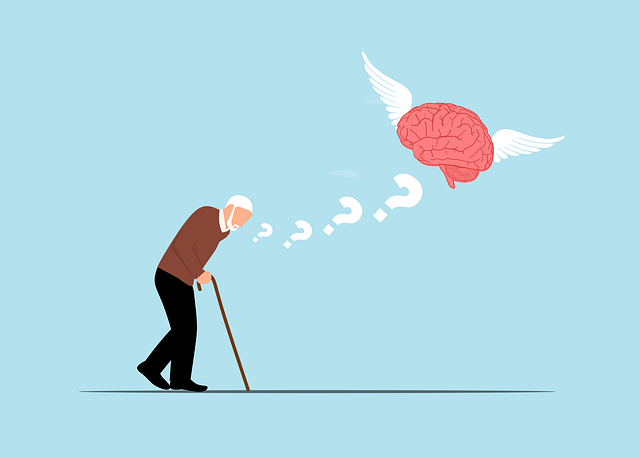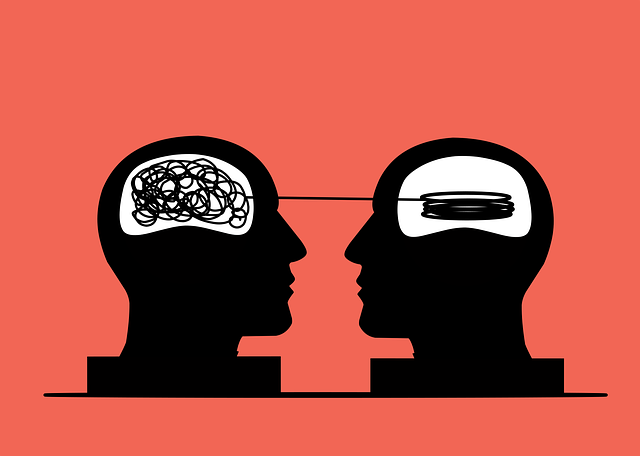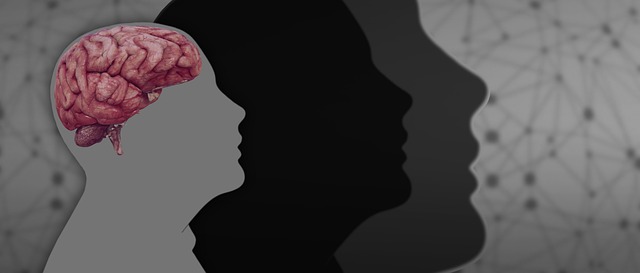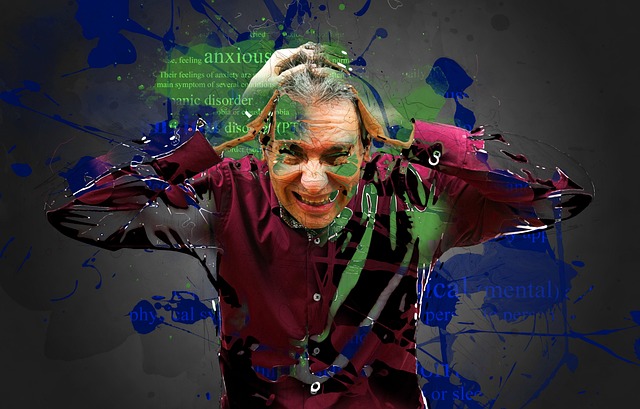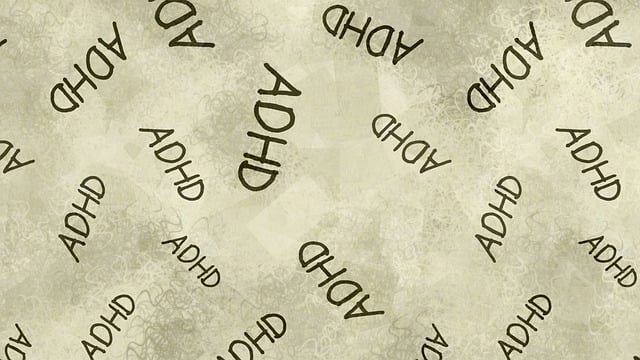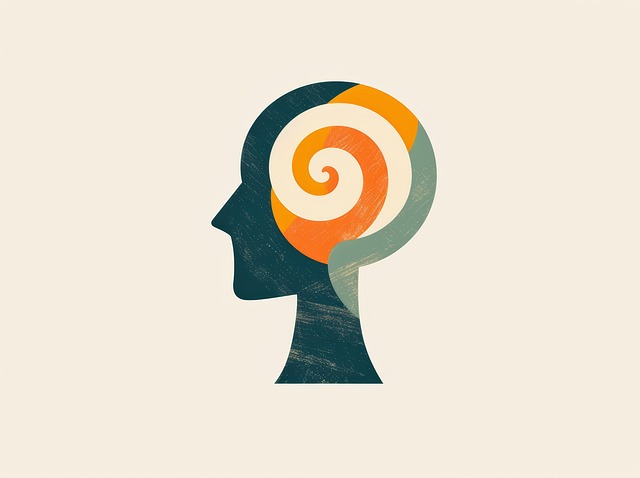Social skills training, as offered by Denver Chronic Pain Therapy, is a transformative tool for managing anxiety and chronic pain. By integrating communication techniques, emotional regulation, and coping strategies, this holistic approach addresses social isolation, a common consequence of these conditions. Through specialized sessions, inner strength development, and trauma support, Denver Chronic Pain Therapy empowers individuals to navigate social situations with confidence, improving relationships and overall mental well-being while serving as a valuable Stress Reduction Method.
Social skills training is a powerful tool for managing mental health conditions, especially chronic pain. Understanding the connection between social interactions and well-being is key to improving quality of life. This article explores how Denver Chronic Pain Therapy integrates social skills training into their approach, offering practical strategies to enhance communication and relationships for those living with chronic pain. By addressing social isolation, individuals can experience improved mental health and a more fulfilling life.
- Understanding the Link Between Social Skills and Mental Health
- The Role of Denver Chronic Pain Therapy in Social Skills Training
- Practical Strategies for Improving Social Interaction in Conditions Like Chronic Pain
Understanding the Link Between Social Skills and Mental Health

Social skills are integral to our overall well-being, and their impact on mental health is profound. In many cases, individuals struggling with mental health conditions, such as anxiety or chronic pain, may find themselves isolated due to difficulties interacting socially. This disconnection can exacerbate existing symptoms and lead to further complications. Recognizing the link between social skills and mental health is a crucial step towards improving overall well-being.
In Denver Chronic Pain Therapy, for instance, professionals understand that addressing social skills can be an effective component of treatment. By teaching individuals valuable communication techniques, coping strategies, and emotional regulation, therapists can empower them to navigate social situations with more confidence. This approach not only enhances their relationships but also contributes to the development of public awareness campaigns focused on mental health, while offering a much-needed Stress Reduction Method for those dealing with anxiety and chronic pain.
The Role of Denver Chronic Pain Therapy in Social Skills Training

Denver Chronic Pain Therapy offers a unique and specialized approach to social skills training, addressing the specific challenges faced by individuals managing chronic pain and mental health conditions. In today’s world, where Mental Health Awareness is at the forefront, this therapy program recognizes the profound impact that chronic pain can have on social interactions and overall well-being. Through tailored sessions, participants gain valuable tools to enhance their communication, build relationships, and navigate social situations with confidence.
The program focuses on Inner Strength Development, empowering individuals to overcome social barriers and foster a sense of community. By providing Trauma Support Services, Denver Chronic Pain Therapy creates a safe space for clients to process their experiences and develop healthy coping mechanisms. This holistic approach not only alleviates the symptoms of chronic pain but also equips individuals with the skills to thrive in social environments, ultimately improving their overall quality of life.
Practical Strategies for Improving Social Interaction in Conditions Like Chronic Pain

Social interaction can be challenging for individuals living with chronic pain due to the physical and emotional demands of managing their condition. However, practical strategies exist to help improve social skills and build stronger connections. One effective approach is incorporating inner strength development exercises into daily routines. By fostering a sense of resilience and self-compassion, individuals can better navigate social situations and communicate their needs effectively.
Additionally, learning conflict resolution techniques can be immensely beneficial. These techniques teach individuals how to address discomfort or disagreement in a healthy manner, promoting understanding and empathy among peers. Moreover, engaging in activities that boost confidence, such as setting achievable goals or practicing mindfulness, can empower individuals with chronic pain to actively participate in social gatherings and foster meaningful relationships. Through Denver Chronic Pain Therapy, these tools and more become accessible, supporting individuals in their journey towards enhanced social interactions.
Social skills training, especially through specialized programs like Denver Chronic Pain Therapy, plays a pivotal role in managing mental health conditions. By understanding the connection between social skills and well-being, individuals can effectively navigate their daily lives with enhanced interaction capabilities. The strategies outlined in this article offer practical tools for improving social interactions, ultimately fostering a more supportive and healthy environment for those dealing with chronic pain or similar conditions.

